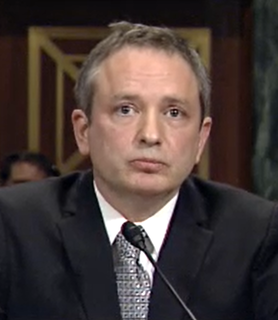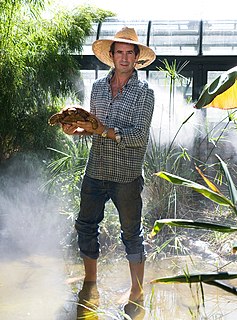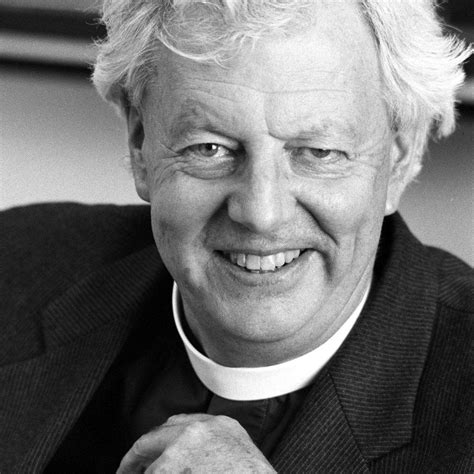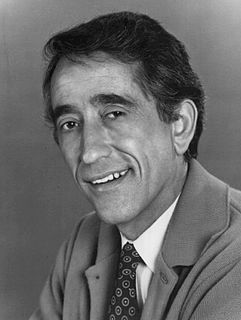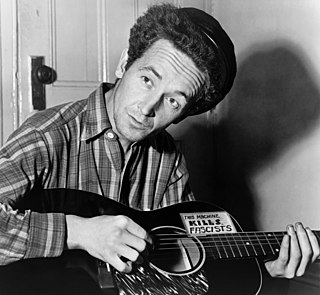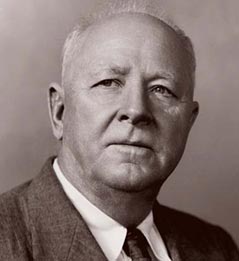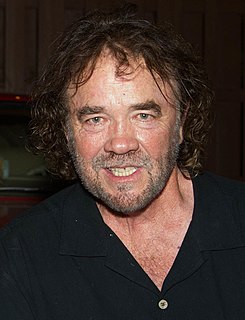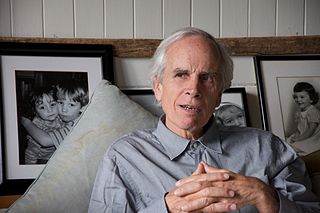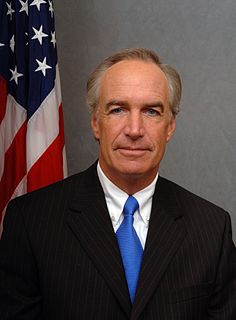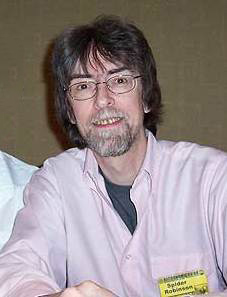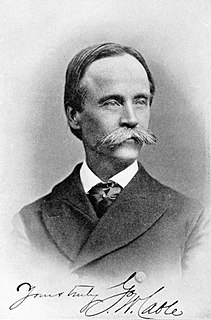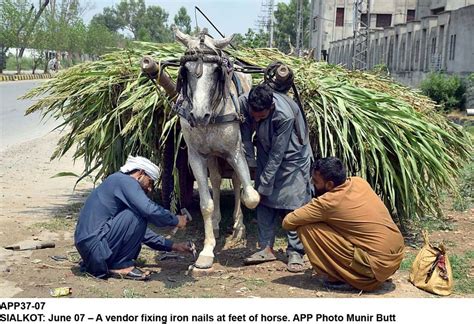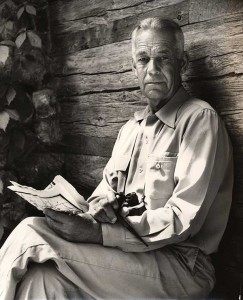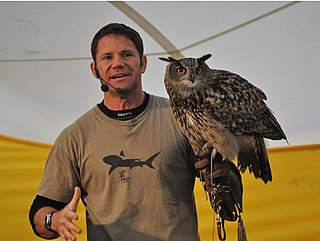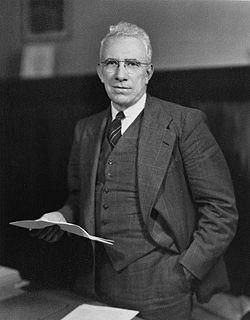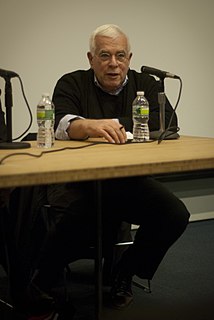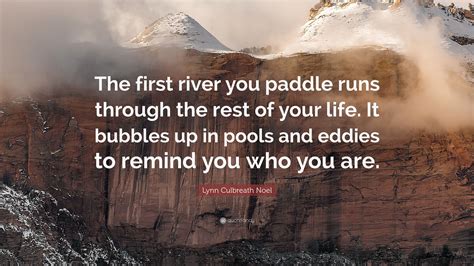Top 1200 Land Conservation Quotes & Sayings
Explore popular Land Conservation quotes.
Last updated on April 21, 2025.
As I went walking I saw a sign there And on the sign it said "No Trespassing." But on the other side it didn't say nothing, That side was made for you and me. This land is your land, this land is my land From California to the New York island From the Redwood forest to the Gulf Stream waters This land was made for you and me.
This was Mahatma Gandhi’s idea, moving from ownership to relationship—seeing that land does not belong to us. We belong to the land. We are not the owners of the land. We are the friends of the land, like friends of the earth. The fundamental shift is in this consciousness that land does not belong to us, we belong to the land.
The Conservation Buck Challenge was designed to engage and mobilize the hunting community to preserve the outdoor experience for future generations. Our members will be ambassadors for ethical hunting, respect for private property rights, support for conservation funding and programs that give our children the chance to learn the valuable lessons of nature.
There are two principles inherent in the very nature of things, recurring in some particular embodiments whatever field we explore - the spirit of change, and the spirit of conservation. There can be nothing real without both. Mere change without conservation is a passage from nothing to nothing. . . . Mere conservation without change cannot conserve. For after all, there is a flux of circumstance, and the freshness of being evaporates under mere repetition.
Land taxes is the thing. They got so high that there is no chance to make anything. Not only land but all property tax. You see in the old days, why the only thing they knew how to tax was land, or a house. Well, that condition went along for quite awhile, so even today the whole country tries to run its revenue on taxes on land. They never ask if the land makes anything. "It's land ain't it? Well tax it then."
'Conservation' (the conservation law) means this ... that there is a number, which you can calculate, at one moment-and as nature undergoes its multitude of changes, this number doesn't change. That is, if you calculate again, this quantity, it'll be the same as it was before. An example is the conservation of energy: there's a quantity that you can calculate according to a certain rule, and it comes out the same answer after, no matter what happens, happens.
I can at once refute the statement that the people of the West object to conservation of oil resources. They know that there is a limit to oil supplies and that the time will come when they and the Nation will need this oil much more than it is needed now. There are no half measures in conservation of oil.
And so when we talk about intangible values remember that they cannot be separated from the others. The conservation of waters, forests, soils, and wildlife are all involved with the conservation of the human spirit. The goal we all strive toward is happiness, contentment, the dignity of the individual, and the good life. This goal will elude us forever if we forget the importance of the intangibles.
Conservation is getting nowhere because it is incompatible with our Abrahamic concept of land. We abuse land because we regard it as a commodity belonging to us. When we see land as a community to which we belong, we may begin to use it with love and respect. There is no other way for land to survive the impact of mechanized man, nor for us to reap from it the aesthetic harvest it is capable, under science, of contributing to culture
Living my life in conservation, I see far greater tragedies and crimes against wildlife than the loss of a few thousand badgers. The real reason so many people are so unsettled by the cull is its sinister reflection on the democratic process, on our government's attitude to conservation and to science.
We have a very old conservation movement, particularly in the United States, which has focused on campaigns to protect endangered species: the spotted owl, the old-growth forest. But usually it stops there. To me, biodiversity is the full spectrum. Species conservation is not only about wilderness conservation. It?s also about protecting the livelihood of people even while changing the dominant relationship that humans have had with other species. In India, it?s an economic issue, not just an ecological one.
